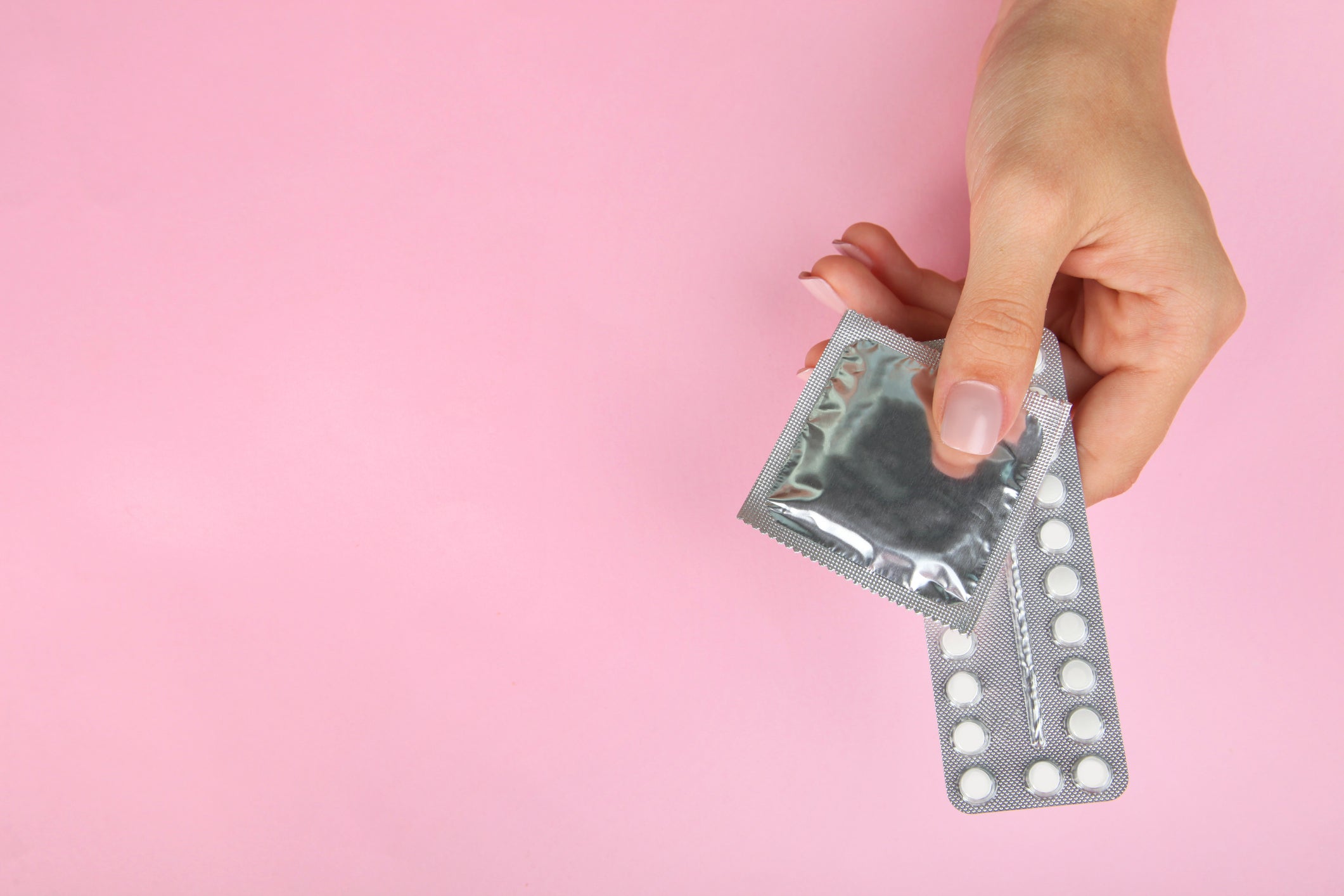Sex education classes teaching pleasure are more effective at preventing unwanted pregnancies. study finds
‘Policymakers and programme managers should more readily acknowledge that pleasure is a key driver of sexual behaviour,’ says study’s co-author

Sex education classes that feature discussions around pleasure and desire are more likely to reduce STDs and prevent unwanted pregnancies, new research has found.
According to an analysis of research literature from 2005 to 2020, published in the journal PLOS One, the findings suggest the need for a “rethink” as to how sex education classes are designed.
They recommended reforming sex education syllabuses to ensure that sexual pleasure and desire was being adequately addressed.
The study was conducted by reviewing 33 projects targeting STI and HIV risk reduction.
The found that including teachings on sexual pleasure can have “significant positive effects” on information and knowledge-based attitudes.
Study co-author Anne Philpott, of The Pleasure Project, said: “Pleasure has been over-looked and stigmatised in health promotion and sex education, despite its obvious connection to sexual health and well-being.
“Our systematic review and meta-analysis, the first of its kind, shows that including sexual pleasure considerations in sexual and reproductive health services improves condom use and so may also improve sexual and reproductive health outcomes.”
She added: “Policymakers and programme managers should more readily acknowledge that pleasure is a key driver of sexual behaviour, and that incorporating it in sexual and reproductive health services can reduce adverse outcomes.
“Eight years out from the Sustainable Development Goal deadline, innovative strategies that can accelerate progress towards Sexual and Reproductive Health and Rights targets, including for STI and HIV prevention, are urgently needed.
“Programmes adopting a sex-positive and pleasure-inclusive approach is one such innovation that should be urgently considered.”
Join our commenting forum
Join thought-provoking conversations, follow other Independent readers and see their replies
Comments
Bookmark popover
Removed from bookmarks